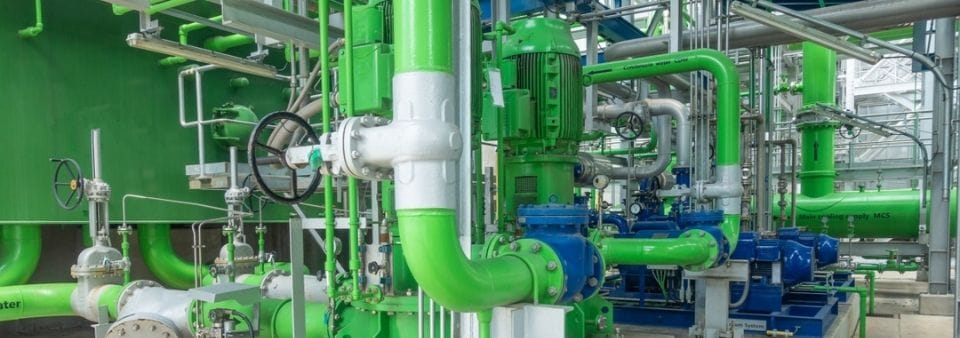Industrial biotechnology has the potential to significantly reduce CO2 emissions. By embedding biotechnology at the heart of industrial processes and products, it can help to support the UK Government's target of doubling the bioeconomy to £440 billion by 2030 and contribute to the UK's plan to achieve net zero greenhouse emissions by 2050.
A major new report from BSI, “Industrial biotechnology report: strategic roadmap for standards and regulations” provides a way forward to reduce CO2 emissions by using industrial biotechnology.
The report, which was supported by Innovate UK and the Industrial Biotechnology Leadership Forum (IBLF), investigated the potential for CO2 reduction in five sectors:
- Agritech
- Biofuels
- Fine and speciality chemicals
- Plastics
- Textiles
Why view the report?
We interviewed 50 stakeholders and carried out an in-depth analysis of the existing standards and regulatory landscape. Based on this research, the report identifies the sectors with the greatest potential to cut CO2, assesses key gaps and challenges to address, and provides a series of recommendations for standards, regulations and industry across four pathways:
- Circular resources
- Communication tools
- Informed science-led approach
- A supportive level-playing field
The report also provides useful insights around current standards and regulations, as well as examples of initiatives around the world that are helping to unlock the potential of biotechnology.



